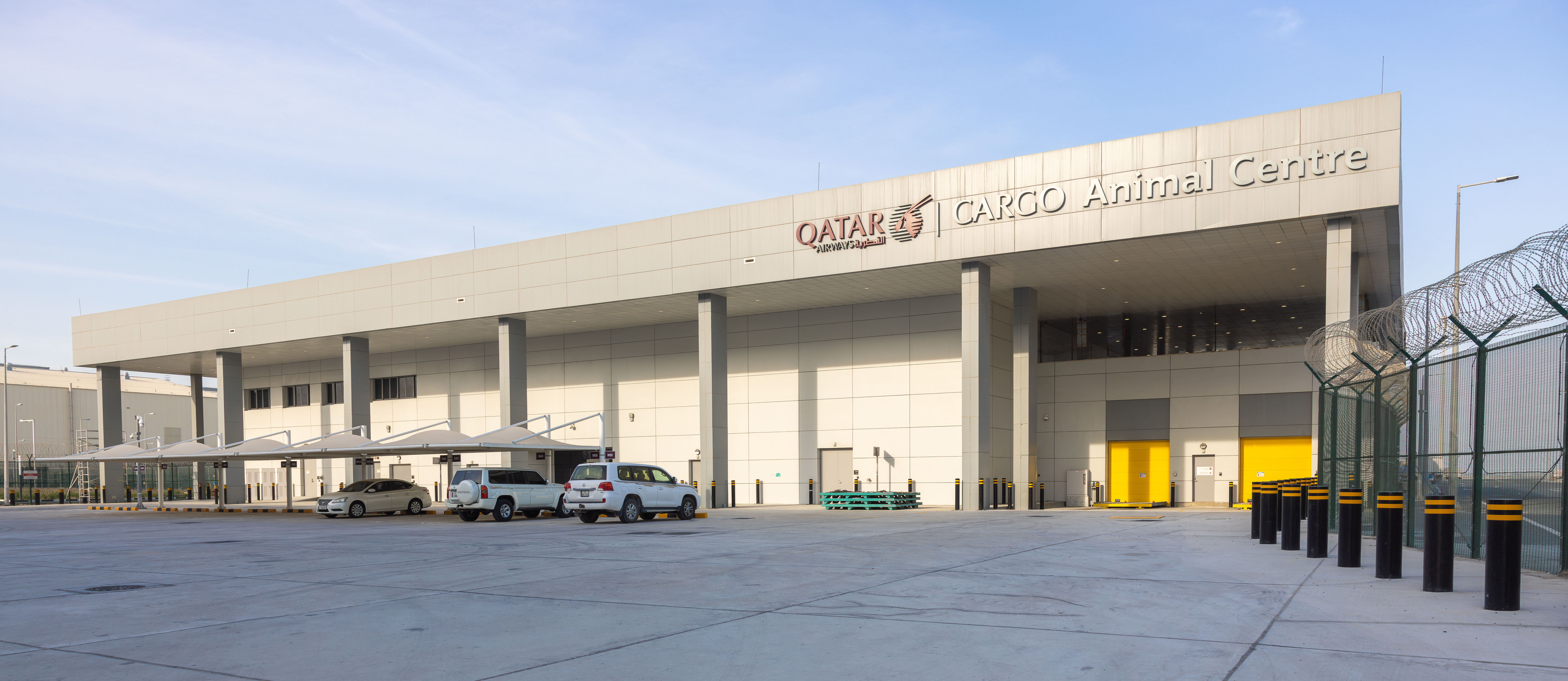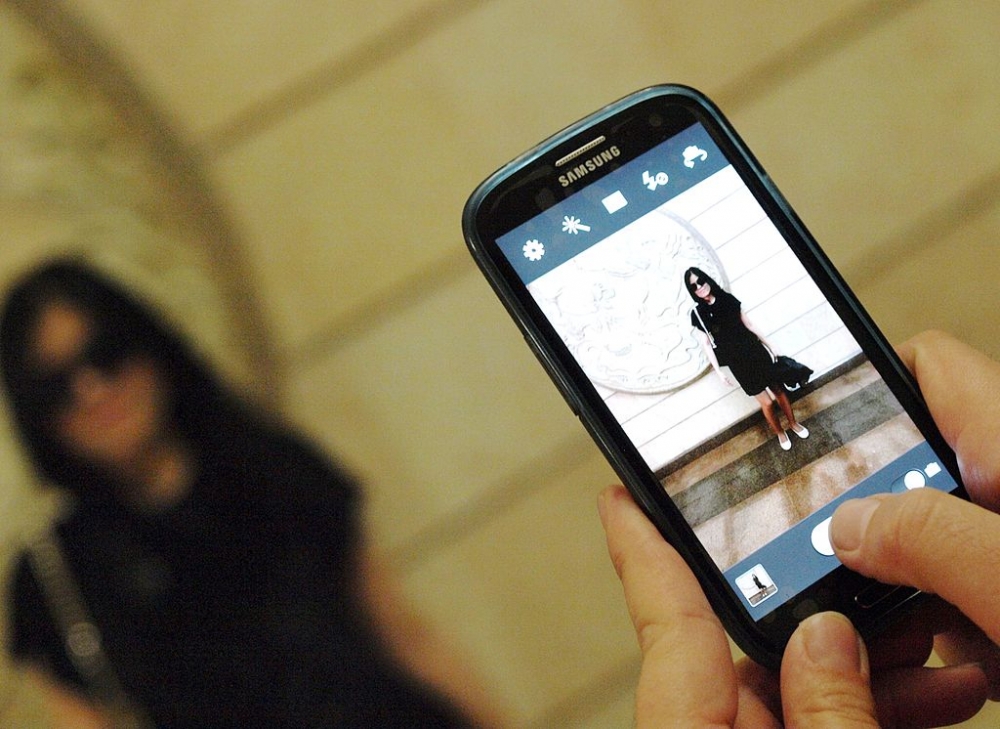Qantas passengers with android phones will be able to load passport details on their device as part of a new biometrics trial aimed at finding ways to speed up airport processing.
The month-long trial at Brisbane Airport uses facial recognition technology and allows users for the first time to upload details from a biometric chip-equipped passport to their phone in their own home.
The use of the app, available from Google Play Store, differs from previous trials where passengers had to enrol at a kiosk at the airport.
READ US regulator issues emergency directive on new Boeing 737s.
Their secured data will be matched to their faces using cameras as they move through the airport and means they will not need to show a boarding pass or passport at the lounge or at the boarding gate.
The airline says it will use the test and passenger feedback to help prioritize future biometric trials and investments.
The mobile app does not apply to passengers traveling to the US but can be used by volunteers traveling from Brisbane to Singapore, Tokyo and Hong Kong. Passengers will also still need to use their passport for border control.
“Customers have told us that they want to move seamlessly through the airport without having to present travel documents at every stage of their airport experience,’’ said Qantas head of product strategy and development Phil Capps.
“What’s unique about this technology is it allows customers to securely store their passport details on their mobile phone which is matched to their face via cameras while moving through the airport.”
The trial is being conducted in conjunction with technology company SITA and the airport.
It is part of wider trials by Qantas that have seen 20,000 passengers processed using facial recognition in Brisbane, Sydney and Los Angeles.
“More than three quarters of airlines and airports are planning investments in biometric technologies over the next three years and Qantas’ trial will provide valuable passenger feedback to shape future implementations,’’ SITA president Asia-Pacific Sumesh Patel said.
























